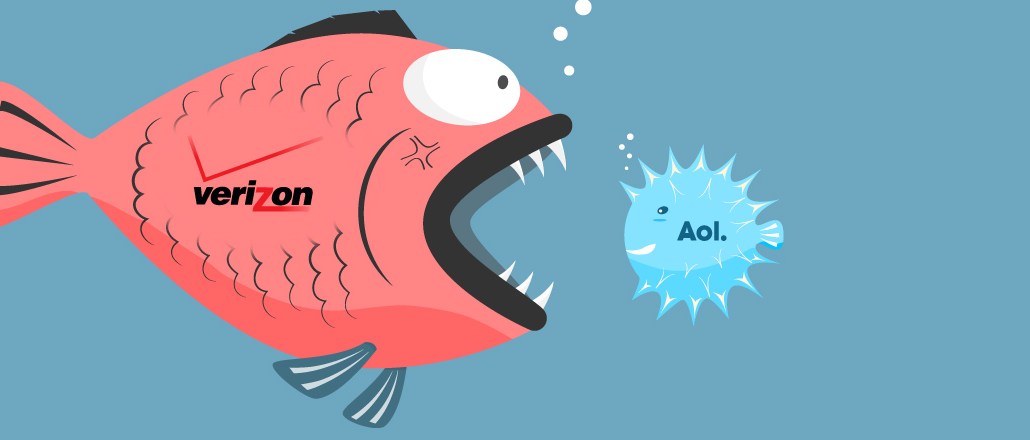Secure your place at the Digiday Media Buying Summit in Nashville, March 2-4

Jeff Rosenblum is the founding partner of Questus, a San Francisco-based digital agency
I’m glad Verizon is buying AOL. Verizon literally knows every move a customer makes and the AOL acquisition will enable them to deliver the right mobile advertisement to the right customer at the right time.
But I’m not glad for the reason they want. I’m glad because moves like this demonstrate the industry is still caught in the strategic thinking of yesteryear. Mobile isn’t a place for interruptive advertising. But, brands will flock to this platform like moths to the flame. That will create a competitive advantage for my clients.
Mobile has completely disrupted the advertising industry. There’s no doubt about that. Over half of digital media is now consumed on mobile devices. But, we can’t just apply the strategies of the Mad Men era to this emerging media. We shouldn’t think of mobile as simply another place to interrupt our audience.
Think about your own experience for a moment: If you are like the average user, you look at your mobile device every 6.5 minutes you are awake. You are served dozens of mobile ads every day. But, you probably can’t name one great mobile advertisement. Why? Because it’s antithetical to the entire mobile experience.
We use mobile to serve utilitarian purposes. We want to get in, get out, and get on our way. Even when playing games and watching videos, there’s a short-term impatient mind-set to the experience. The last thing we want is to be interrupted. So, either ads are so small they are virtually invisible or they are so prominent they are frustrating. They actually create negative value because they make us angry.
Mobile is about delivering the right content at the right time, not the right interruptions at the right time. It’s not about “buy now!”, “shop our sale!” and “new and improved!”
Think about when you land in Orlando on a family vacation, when you install a new kitchen appliance, when you shop for a hybrid car or when you need the right ingredients for a craft cocktail. They are all times when you need content, not interruptions. They are times when brands can leverage mobile data seamlessly to provide content that empowers. Content that improves users’ lives and strengthens the customer relationship. Content that doesn’t just try to convert prospects to customers. Content that creates armies of evangelists.
Creating content rather than interruptions on mobile devices will prove to be extraordinarily hard. The strategies, creativity, technology and measurement are all relatively new. But if you step away from the excitement of targeting data and simply think as a consumer, you’ll recognize that the brands you love do a lot more on mobile than simply interrupt. The power of data that comes from mobile devices simply makes content marketing more compelling. Interruptive advertising is the lazy route for brands.
This is not to say that mobile advertising is all bad. It has its place. Brands can’t simply create great content. They need to drive audiences to those experiences or it will be akin to creating candy stores in the desert. The highly targeted/cost effective nature of mobile advertising certainly works.
So, I’ll council my clients to use the new Verizon ad platform. But, I’m outright giddy because I know that most brands will simply get infatuated with the targeting capabilities. They will continue to spend the vast majority of their marketing budget on paid interruptive advertising and think they are embracing the revolution. They will be missing the big point and those misplaced funds will create a competitive advantage for my clients. Because in the mobile revolution, great brands are built, not bought.
More in Media

Digiday+ Research: Dow Jones, Business Insider and other publishers on AI-driven search
This report explores how publishers are navigating search as AI reshapes how people access information and how publishers monetize content.

In Graphic Detail: AI licensing deals, protection measures aren’t slowing web scraping
AI bots are increasingly mining publisher content, with new data showing publishers are losing the traffic battle even as demand grows.

In Graphic Detail: The scale of the challenge facing publishers, politicians eager to damage Google’s adland dominance
Last year was a blowout ad revenue year for Google, despite challenges from several quarters.





